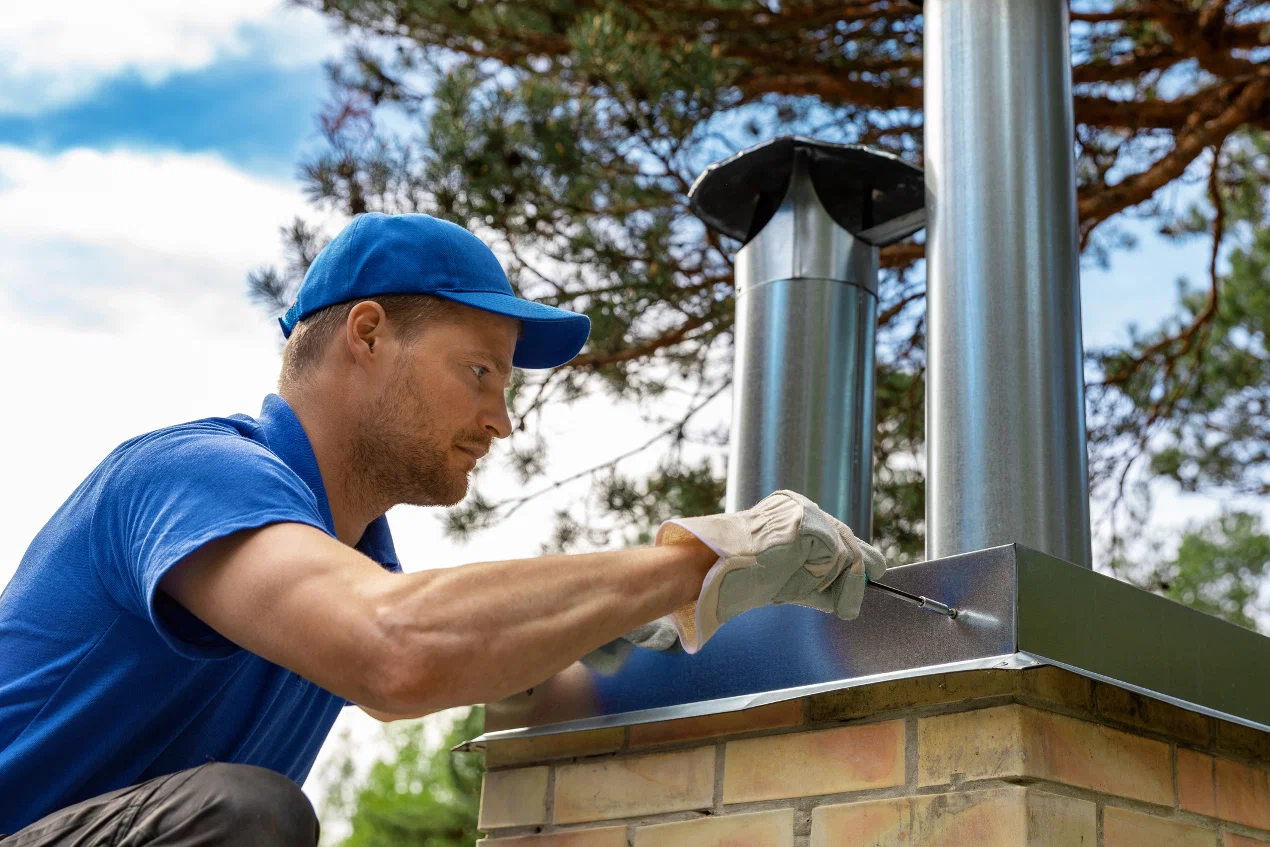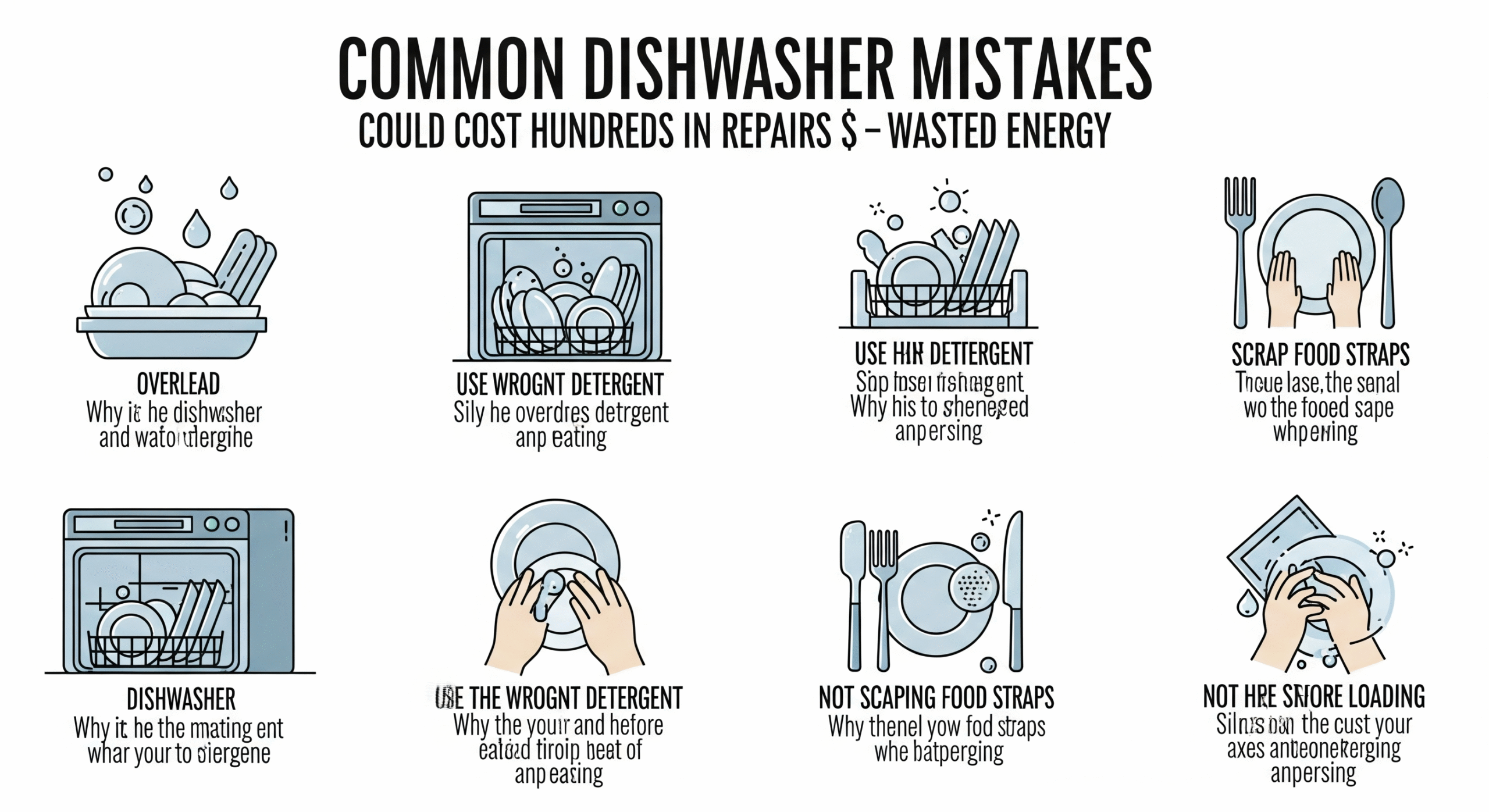If you live in Antioch and love cozying up by the fireplace, it’s easy to forget what’s going on behind the scenes in your chimney. That hidden tunnel carries away smoke and gases, but there’s something inside it that plays a starring role—your chimney liner. It’s easy to overlook, but if your liner is past its prime, your whole fireplace system could be at risk. Let’s talk about how you can spot trouble with your chimney liner before it turns into a bigger headache.
Key Features That Signal Liner Trouble
Imagine your chimney liner as a trusty shield, protecting your home from heat and fumes. But even the best shields wear out eventually. Here are some telltale signs that your liner could be waving a white flag:
- Bits and Pieces Falling Down: If you’re finding small chunks of tile, metal, or flakes in your fireplace, it’s like your chimney liner is shedding its armor. This is a big red flag.
- Strange Smells: Noticing weird, sooty, or smoky odors when the fireplace isn’t even on? That could mean the liner is letting gases seep into your home instead of sending them outside.
- Visible Cracks or Gaps: If you peek up into the chimney and see cracks or missing sections, that’s a sign the liner isn’t giving full coverage anymore.
- Unusual Smoke Patterns: Smoke backing up into the room, or a fire that’s hard to keep going, could mean the liner isn’t doing its job directing airflow.
“A chimney liner doesn’t ask for much—just a checkup now and then. But when it fails, it’s like leaving your front door open to trouble.”
Why Safety Depends on a Healthy Liner
When it comes to fireplaces, safety should always be front and center. A worn-out liner can allow heat to reach wood framing or other parts of your house, and nobody wants to roll the dice with a chimney fire. Besides obvious fire risks, a faulty liner can let carbon monoxide sneak into your living room—a gas you can’t see or smell, but one that can make your family sick in a hurry.
Here’s a quick look at what can happen if you ignore a failing liner:
| Problem | What It Means | Potential Danger |
|---|---|---|
| Cracked or missing liner | Heat escapes to walls or attic | House fire risk |
| Blockages or debris buildup | Smoke can’t escape properly | Smoke inhalation, CO poisoning |
| Masonry liner breaking down | Pieces fall, airflow gets blocked | Flue fire, collapsed chimney |
| Old, rusted metal liner | Gaps let fumes leak inside | Breathing hazards |
Counting the Cost: What to Expect
You might be thinking, “How much is this going to set me back?” It’s true that a new liner isn’t pocket change, but consider it an investment in your home’s future. Waiting too long can lead to major repairs or even full chimney rebuilds, which are much pricier than a liner replacement.
The price tag can swing depending on what your chimney is made of and how tricky it is to get to. For example, swapping out a metal liner might be less expensive than replacing a crumbling clay one. Chimney pros can give you a better idea after a good inspection, but it’s always cheaper to catch problems before they snowball.
- Regular checkups and small fixes usually cost less than emergency repairs.
- Replacing a liner can also help your fireplace run more efficiently, saving you money on energy in the long run.
What If You Need Emergency Service?
Sometimes, things go wrong at the worst possible moment—like right when you’re getting ready for a family gathering. If you notice smoke pouring into the room or hear strange sounds from the chimney, don’t wait. Most chimney companies in Antioch offer emergency calls for situations just like this.
Here’s what you should do if you find yourself in a chimney emergency:
- Stop using the fireplace immediately.
- Open windows to help clear out any smoke or fumes.
- Call a professional right away—don’t try to fix it yourself.
- If you smell gas or suspect carbon monoxide, get everyone outside and call emergency services.
Remember, it’s always better to play it safe rather than risk your family’s health or your home.
Wrapping Up: Keep Your Home Cozy and Safe
Your chimney liner is like the unsung hero of your fireplace setup. It works hard behind the scenes, but when it starts to fail, the problems can get serious fast. Keep an eye out for signs like falling debris, weird smells, or smoke that just won’t behave. Stay on top of regular inspections, and don’t hesitate to call in the pros if something seems off.
Paying attention to your chimney liner isn’t just about keeping warm—it’s about making sure your home stays safe, sound, and ready for those chilly Antioch nights.
Read More: Antioch Chimney Sweep


